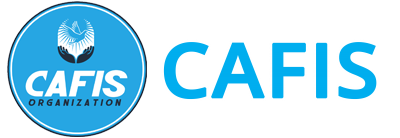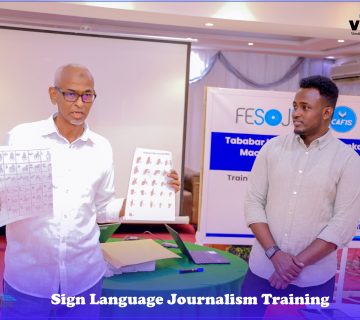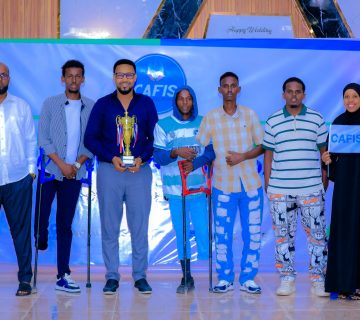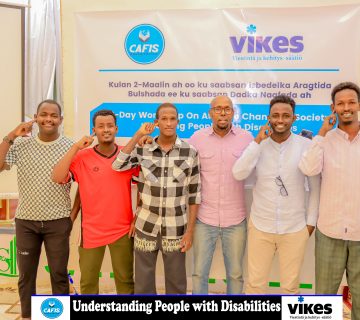The fourth CAFIS Forgiveness Day was successfully celebrated and marked on the 28th of July2021.
In Mogadishu the Day was marked in Beerta-nabadda (the garden of peace). So far this was the most colorful and impact fully celebrated in the history of this event in Somalia and globally.
This year more willing participants brought onboard their stories forgiving others and in turn being forgiven. The events marked the first campaign of its kind aimed in spreading a message of peace, love and grass root level forgiveness among the Somalis. This sheds light a viable program which seems to have been given less attention especially to the grassroots reconciliation between individuals and communities.
At this critical juncture in Somalia’s journey to stability, it becomes an imperative to focus on forgiveness, social reconciliation and alternative dispute resolution to heal the wounds of the civil war, injustice and terrorism.
CAFIS Mogadishu team had a great mobilization effort that involved meeting different government officials. These included a popular cleric in Somalia, Sheikh Abdi Hayi who helped to popularize the activity on national Television, Goobjoog TV and Radio Mogadishu aired advance interviews and debates before the 28 th July event . On the 26 th July, CAFIS filmed a 5 minute video to facilitate this.
Banadir city officials were also involved in planning for this auspicious occasion that is a milestone in Somali’s peace building.
ASTAN TV (which broadcasts on 12 channels) facilitated and aired a debate on topical issues of npeace and forgiveness. Some of the issues addressed were:
Participants included the current Somalia ambassador to Kenya Mohamud Ahmed Nur (Tarsan), who gave a very hearty and moving speech. Tarzan arched government of Somalia to enhance the recognition of the Forgiveness Day.
Federal Government of Somalia Minister of Justice Abdiqaadir Maxamed Nuur said that many Somalis were harmed during the war, and now is the right time to shun past enmity and have a fresh start characterized by peace and forgiveness.
Deputy Minister for Information, Culture & Tourism Abdirahman Yusuf cumar Cadaala said that the tribalism and discrimination are the major problems that triggered insecurity and conflict setbacks in Somalia. He emphasized that the tribalism affected government institutions and the clannism culture had over time become the biggest disease in Somalia. He prevailed upon Somalia people to embrace the culture of Peace and Forgiveness.
Mohamedkafi Sheikh Abukar the Executive Director of CAFIS Campaign who concluded the ceremony said that the main purpose for which this program was launched is to achieve and nurture lasting peace in Somalia.
Mohamedkafi explained,
“As long as Somalia continues to have marginalized, disable, poor and vulnerable communities amongst them, people whose potential, space and needs are not recognized and considered, then it will be impossible to realize the much elusive peace. We should debate and do something about this.”
“We must discuss what went wrong. We must be ready and willing to forgive each other”. He further outlined four main pillars to achieve forgiveness in Somalia.
- We must be truthful about what we have done to each other in the past.
- We must admit where mistakes were made.
3. Everyone must be willing to give up something or sacrifice something in one way or another for the vulnerable person to benefit even the smallest way possible
4.We must promise to ourselves and to others that we will not allow these things ever to happen again within our jurisdictions.

















